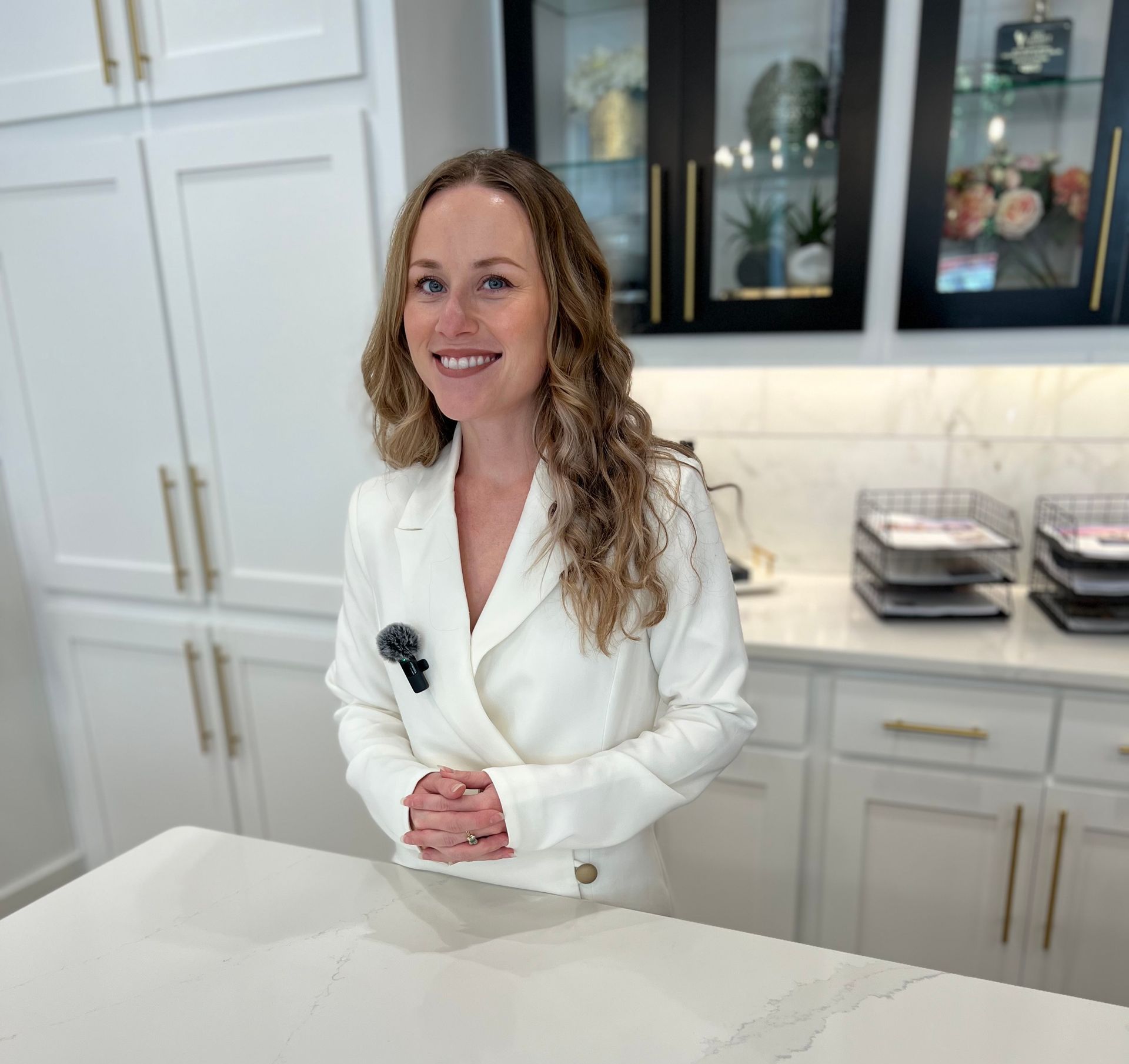Story of Hope: Taylor Hickson
Story of Hope: Taylor Hickson
In September 2021, Taylor Hickson decided to pursue a passion to advocate for children. She had heard great things from a high school teacher and later various friends who had experience volunteering for CASA. For her first case, Taylor chose to advocate for Bailey after learning she had been born at 27 weeks due to drug exposure with withdrawals experienced at birth. Bailey remained in the neonatal intensive care unit for approximately 2 months before being discharged into the care of her foster parents. For 10 months, Taylor advocated diligently for Bailey in areas of medical, legal, and overall permanency. She remained a constant on the case despite various changes in caseworkers. Taylor maintained steadfast commitment even through the challenges.
Bailey’s foster parents visited with her daily, while she remained in the hospital to address the medical concerns indicated at birth. They were trained by medical staff on the specific needs she would require upon her release from the hospital. From the very beginning, Bailey’s foster parents understood the priority of her medical needs. Throughout the case, Taylor visited Bailey at her foster home and maintained open communication with the family. Taylor witnessed Bailey thrive and make developmental progress over time. It became apparent how bonded and loving Bailey and her foster family were to each other.
Taylor observed many foster parent/child interactions and was able to gather the information that aided her in her permanency recommendations. Throughout the case, she communicated regularly with three different CPS caseworkers, Bailey’s ad litem, and the foster agency case manager. The foster agency held monthly meetings to discuss Bailey’s progress and needs, and Taylor was able to attend these meetings virtually to receive additional updates.
As the first permanency hearing approached, a man came forward and claimed to be Bailey’s father. He was not compliant with his court-ordered services, including requests to submit to DNA testing, and would not respond to Taylor’s attempts to communicate. He was granted only virtual visits with Bailey but failed to take advantage of the opportunity. He would ultimately be ruled out by DNA results. Bailey’s biological mother also failed to comply with services or participate in parent-child visits. Her mother (who had prior terminations associated with CPS involvement) also noted Bailey was better off with her foster family. Taylor even made efforts to communicate and observe interactions between Bailey and her biological family/siblings. However, Bailey’s biological relatives explained they were unable to care for Bailey given the needs of the other children in their care. Her foster parents made sure to get photos of Bailey with her siblings to share family connections with her when she is older.
When it came time for trial, Taylor was confident in her final recommendation for permanency and her goal of non-relative adoption. She noted the foster parents had been diligently caring for Bailey since a few weeks after her birth, while still in the hospital, brought her home while still on oxygen, and were still providing a wonderful home environment for her in hopes of being her forever family. Taylor continued to visit Bailey monthly until the adoption process was completed. She articulated her thoughts clearly in all court hearings because she recognized that she represented the voice of her CASA child in the eyes of the court.
Taylor teared up during the adoption proceedings when Bailey’s now-parents swore to the judge that they would love and care for her always, especially when she grows up and becomes a teenager. Taylor’s priority was always Bailey’s well-being, and seeing her permanently placed in a loving home was the most rewarding outcome. Taylor hopes, despite the challenges that Bailey may face in the future, that she will know all those associated with her case truly desire the very best for her!









